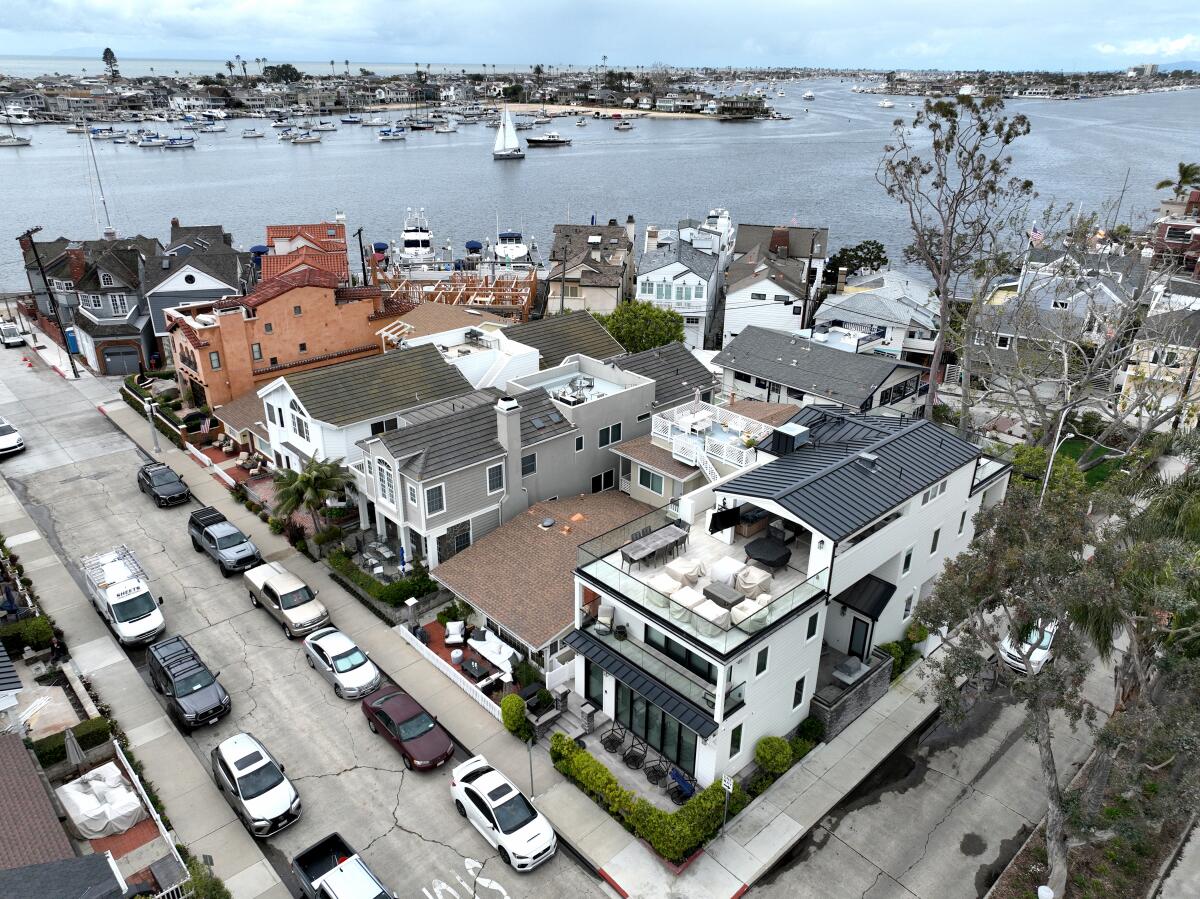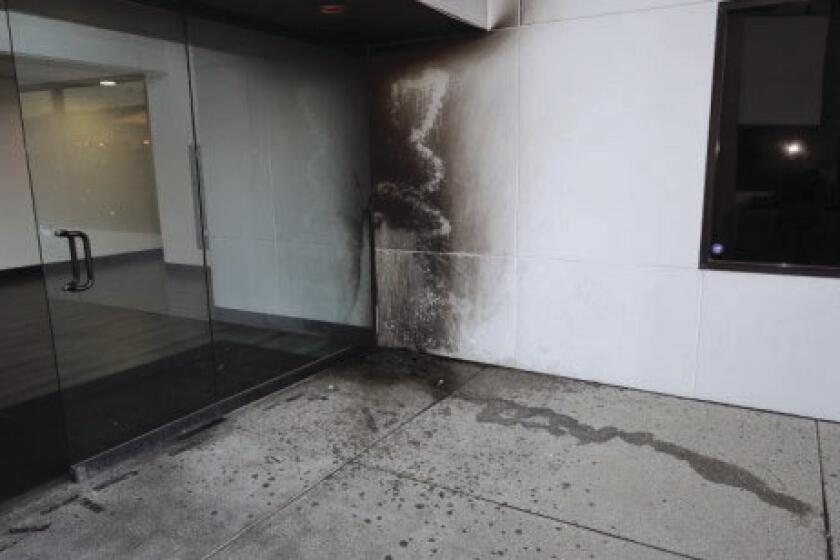Property broker Pacaso files lawsuit against Newport Beach over timeshare definition

Pacaso, a company that buys residential properties and then sells them to a consortium of buyers, has filed a lawsuit against the city of Newport Beach in federal court, claiming the city’s efforts at amending its existing timeshare ordinance directly attempts to “preclude Pacaso and its homeowners from enjoying the benefits of second home ownership in Newport Beach.”
The Newport Beach City Council in May moved to expand its timeshare ordinance to include fractional home ownership — a growing real estate trend, where multiple buyers enter an agreement to purchase a property and split its usage based on the percentage of ownership by each party. As part of that expansion, fractional homes are required to abide by the same regulatory laws that affect timeshares. That also means that fractional homes that weren’t grandfathered in by the city cannot exist in all residential zones.
About a dozen properties in Newport Beach have been identified as falling under fractional home ownership, and in its lawsuit, Pacaso said it manages about nine of those properties on the behalf of their owners.
The amendment has gone into effect in all parts of the city except for properties in the coastal zones. The state Coastal Commission is expected to deliberate on the amendment to the city’s local coastal program on Oct. 12.
“Pacaso, alongside more than 50% of homes in Newport owned through LLCs or trusts, wants to emphasize that co-owned homes in Newport Beach should not be categorized as timeshares,” Pacaso spokeswoman Chrissy Bruchey said Wednesday. “Co-ownership is a well-established practice spanning decades throughout the United States and along the California coast.
“Our objective in taking action is to ensure the protection of property rights and coastal access for all individuals, particularly those engaged in co-ownership of property in Newport Beach. This is not a path we sought out to pursue; however, despite our efforts to collaborate with the city to accurately define co-ownership and explore amicable solutions, we found ourselves with no other choice. As we move forward, we remain committed to fostering positive relationships and working collaboratively with Newport Beach and other communities to promote co-ownership and expand access to California’s coast.”
The 81-page lawsuit was filed in U.S. District Court on Sept. 20.
Attorneys for Pacaso contend in the complaint that the city “attempts to draw a distinction that is legally meaningless, based upon whether the home is co-owned among friends and/or family, and whether the homeowners have entered into a formal agreement governing their ownership and use of the home. But this parameter belies the fact that the city’s attempt to regulate homes like Pacaso’s is not based on the use of the home. Indeed, nowhere in the city’s legislative materials does it explain why a fractionally owned home governed by a ‘formal agreement’ results in different, and more problematic, effects, than a home that lacks such documentation, or why the identity of the co-owners is relevant whatsoever.
“Nor could it. Plainly, the sophistication of the co-owners’ arrangement, and the identities of the co-owners, is totally irrelevant to the matters which the city can permissibly regulate through a zoning ordinance.”
The lawsuit goes on to state that the amendment infringes on private property rights and argues the distinction between fractional home owners and timeshares as the former being true co-owners of a property as opposed to being renters or investors. It also states that Pacaso homeowners are unable to rent out the property at any point.
Attorneys are seeking a jury trial in the matter and are asking for the U.S. District Court Judge James Selna to rule for the ordinance to be struck as Pacaso believes it invalid and preemptive and that the city lacks the authority to enforce it. Pacaso is also seeking a ruling that allows the company’s business and other fractional home ownerships to continue indefinitely. Attorney’s fees are also being sought.
This is not the first lawsuit that Pacaso has filed against a city seeking to define it and other fractional home ownership systems as a timeshare.
In 2021, Pacaso sued the city of St. Helena, offering a similar argument to that of the one filed against Newport Beach, “[St. Helena] have sought to preclude Pacaso and its homeowners from enjoying the benefits of secondary home ownership in St. Helena — a privilege that they have sought to reserve only for those in the upper echelon of financial status (i.e., those who can afford to purchase and own primary and second homes in St. Helena on their own, despite the astronomical housing prices in the area). Sadly, this is just the latest chapter in a long history of improper attempts by the city to exclude outsiders from the community.”
Full-time Newport Beach residents have said the constant turnover of people in Pacaso properties has created headaches, alleging they often invite the same issues that short-term vacation rentals did: traffic, noise and parking. They also say the fractional owners of the properties have no real stake in the community. But, fractional home owners have argued that they contribute to the local economy and view the city as a second home.
“The basis of Pacaso’s lawsuit is unfounded and without merit,” a statement issued Wednesday from City Hall said. “The city will continue to protect and preserve our residential communities from timeshare conversions.”
All the latest on Orange County from Orange County.
Get our free TimesOC newsletter.
You may occasionally receive promotional content from the Daily Pilot.




